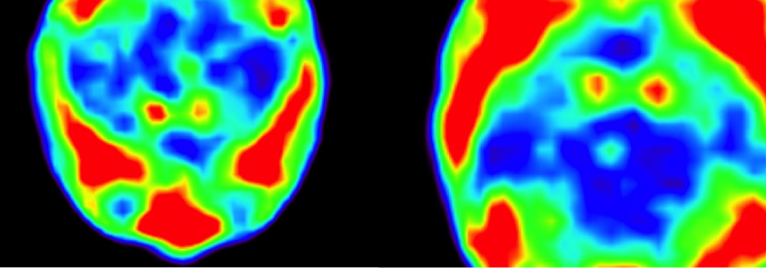B05
Although research has made significant progress, there are still mechanistic factors that markedly influence disease progression and compensation reserve, making an accurate prognosis of sub-group and individual disease courses in MS extremely challenging. We aim at elaborating the framework for the automatic stratification of disease courses and therapeutic responses. Using advanced magnetic resonance imaging (MRI) together with brain networks phenotyping and immune response analyses, we aim to early recognize patients at high risk for disease progression (i.e. evolving functional impairment) or with insufficient therapeutic responses to immunomodulation:
-
- Can the acute individual network response help to predict future relapses and long-term disease trajectories?
- What is the difference in chronic network responses between patients with continuous functional worsening compared to clinically stable patients?
- How do the predictive differences of grey matter (GM) and white matter (WM) lesion localization impact on network dynamics and disease progression?
- What is the role of cortical lesions and their corresponding dynamics (enlarging, smoldering lesions) for WM and GM network reorganization and evolving functional impairment?
- Can peripheral immunological markers be linked to data from MRI network analysis to improve the understanding of the pathomechanisms underlying network reorganization in MS?
Principal Investigators:
Prof. Dr. med. Sergiu Groppa
Klinik für Neurologie
Mainz
segroppa@uni-mainz.de
Prof. Dr.-Ing. Muthuraman Muthuraman
Klinik für Neurologie
Mainz
mmuthura@uni-mainz.de
Univ.-Prof. Dr. med. Dr. rer. nat. Dr. h.c. Sven G. Meuth
Klinik für Neurologie
Düsseldorf
sven.meuth@med.uni-duesseldorf.de


















